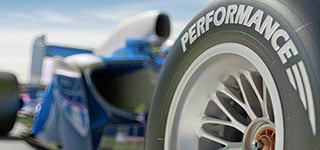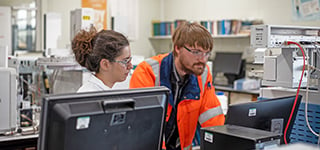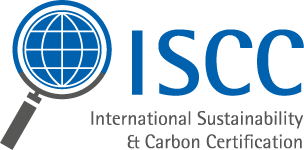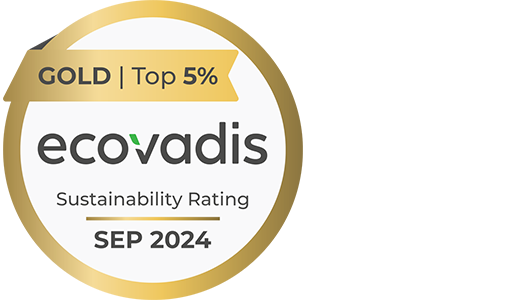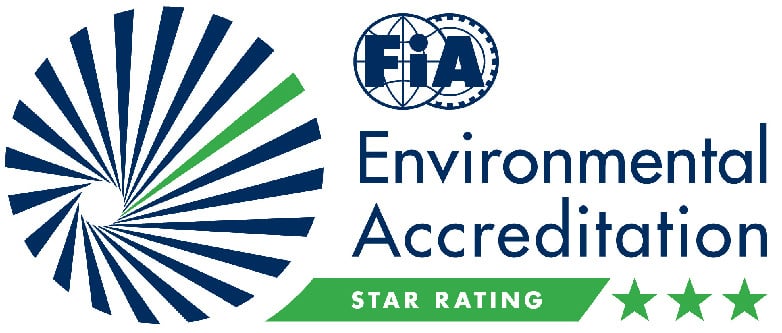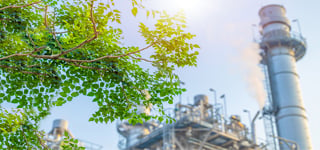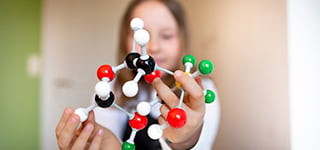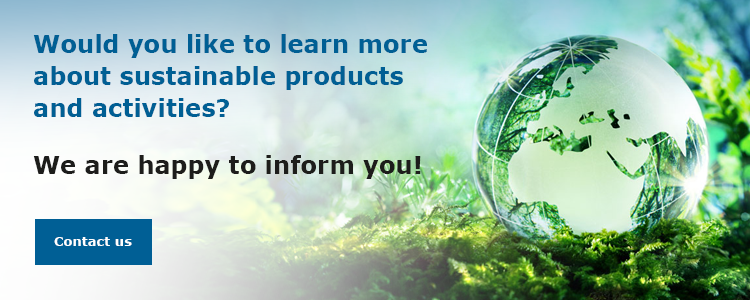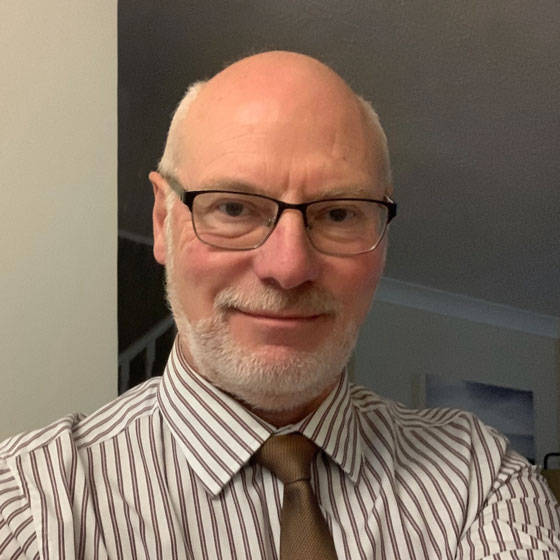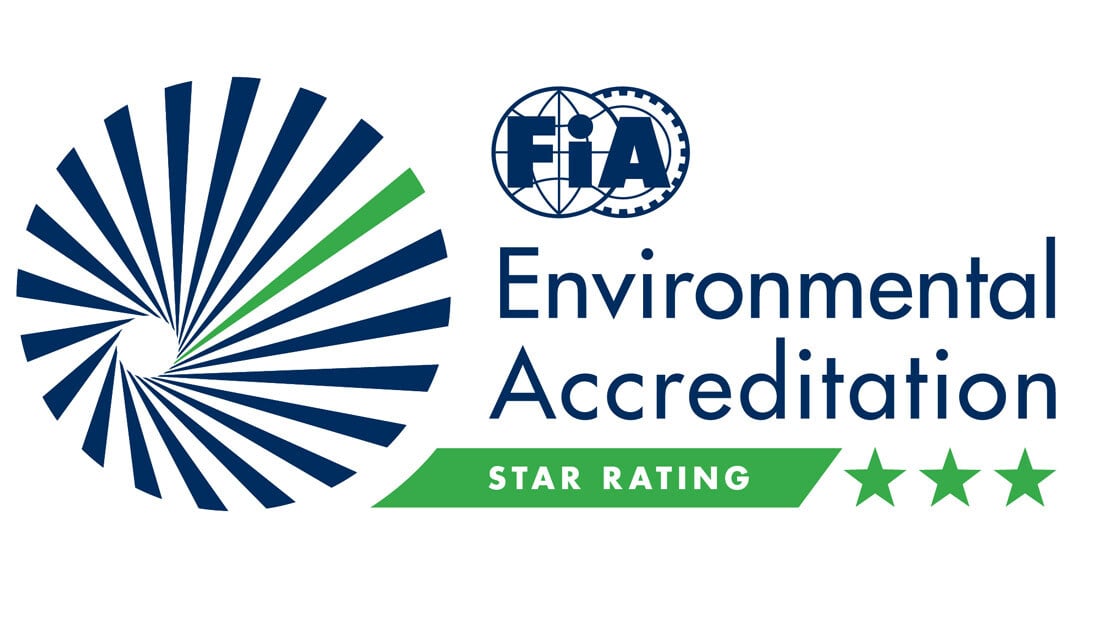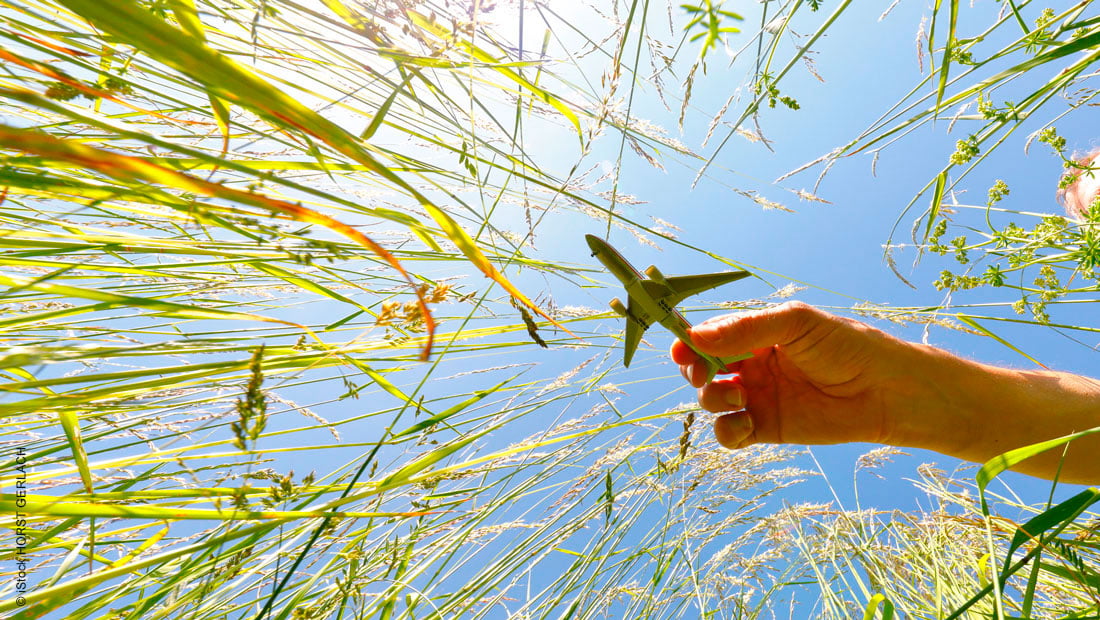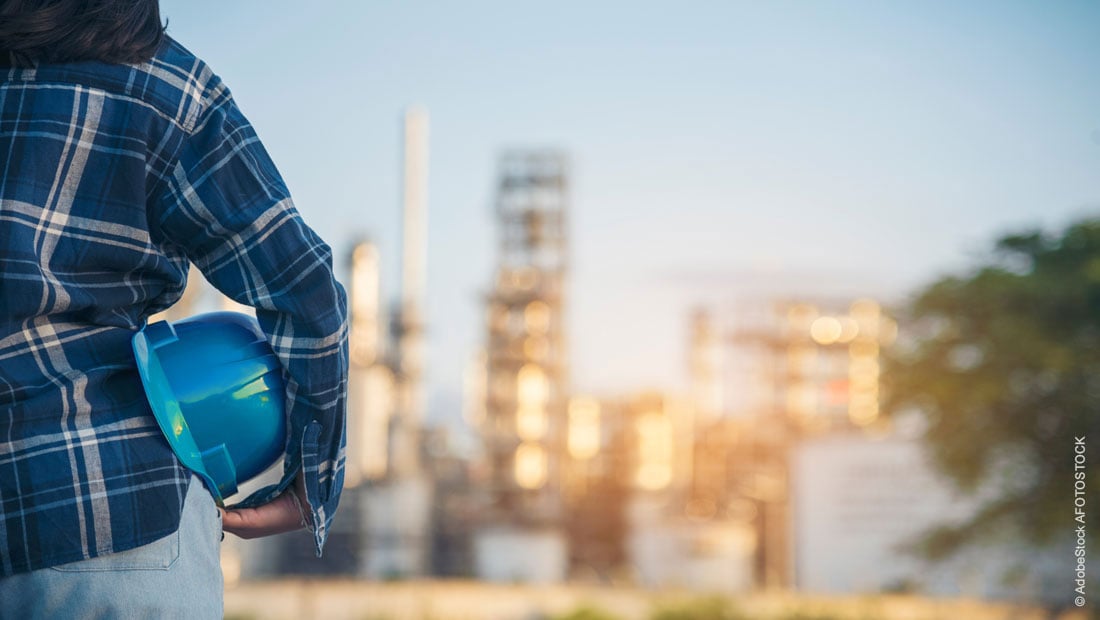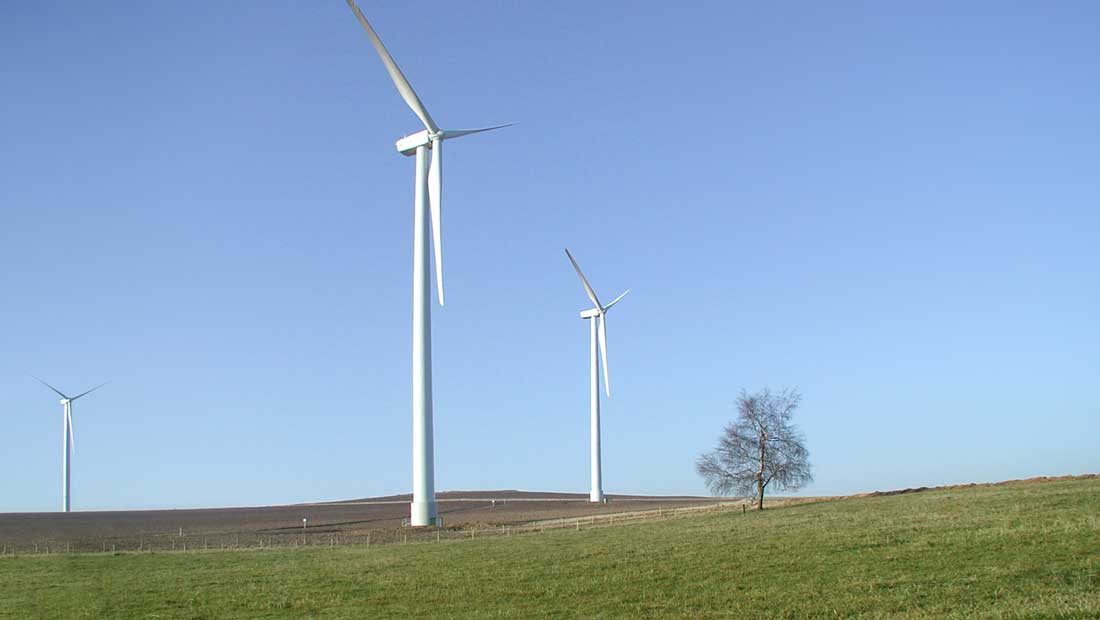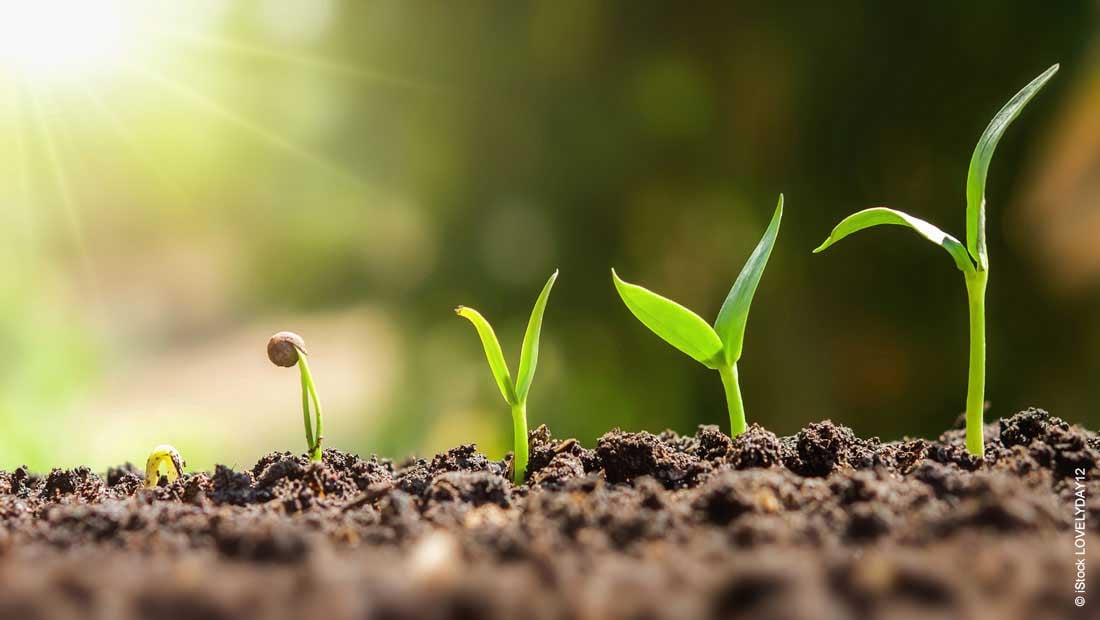 In the world we live in today, it would be wrong not to consider the impacts of our business both on the local and wider community and also on the environment. Haltermann Carless has recognised the role that sustainability will have in the future of the business and put together a team of specialists specifically to work in developing and building, not only on our existing commitments, but also to look at how we grow and expand in the future. Read how Haltermann Carless intends to strategically align and transition the company towards a sustainable business model.
In the world we live in today, it would be wrong not to consider the impacts of our business both on the local and wider community and also on the environment. Haltermann Carless has recognised the role that sustainability will have in the future of the business and put together a team of specialists specifically to work in developing and building, not only on our existing commitments, but also to look at how we grow and expand in the future. Read how Haltermann Carless intends to strategically align and transition the company towards a sustainable business model.
Commitment to sustainability through newly created resources
Promoting sustainable developments and being more environmentally oriented has always been part of the Haltermann Carless corporate DNA. The major manufacturing locations are certified to the Environmental Standard ISO 14001 and the Energy Management Standard 50001, which demonstrates our long-standing commitment to monitoring what we do. In addition to certificated systems, back in the early 1990s, for example, we were one of the first mid-size chemical companies to adopt the principles and practices of the Responsible Care programme. Now we are going one step further: Haltermann Carless is implementing a dedicated Business Service Unit responsible for guiding sustainable development throughout the organisation. The unit will specifically evaluate and implement sustainable projects, consider how to defossilise the manufacturing process and engage with the wider community and stakeholders.
Holistic approach towards sustainability
The core tasks of the Corporate Development & Sustainability (CD&S) team includes working with all functions within the organisation to identify specific topics that make a valuable contribution to our sustainability strategy. Together, very tangible and actionable measures will be realised for example, with our customers to deliver technically improved solutions, Product Carbon Footprint (PCF) analysis and with the local community to support local initiatives.
The team will also work very closely across all internal business functions to map out the future needs and expectations of our business. The team supports the Technical Service & Development department to drive new product ideas for business development; Purchasing to gain access to key renewable raw materials; and with the manufacturing operations to further improve defossilisation across our production processes.
Strategic focus on sustainable development
The CD&S team is working to build a solid foundation for the future of the business with clear strategic goals. These goals will form part of the corporate jigsaw that allows the traditional business to grow in a sustainable way but also to be closely aligned with our vision for the organisation of the future. Our dedicated team has begun looking at initiatives and projects that will guide the future development of new business in areas such as Sustainable Aviation Fuel (SAF) and bio-based alternatives to traditional fuels and solvents. The new Business Unit will further advance the sustainability strategy including the development of targeted investment plans for each area of the business in the coming months.
Some example of our recent achievements
EcoVadis Gold Rating
For the second time in succession, Haltermann Carless has been awarded Gold status by EcoVadis. This rating places us among the top five percent of all companies rated by EcoVadis. The agency is specialised in assessing the sustainability performance of companies. The methodology is built on international CSR standards including the Global Reporting Initiative, the United Nations Global Compact, and the ISO 26000 covering inter alia the areas environment, labour and human rights, ethics and sustainable procurement.
Innovation: Sustainable Aviation Fuels
Haltermann Carless aspires to be the first commercial manufacturer in Germany to produce Sustainable Aviation Fuel (SAF). Together with our technology partner we intend to build a new production plant for renewable hydrocarbons at our Speyer production site in Germany. A clear contribution to the overall reduction of CO2 emissions in aviation!
Investment in modern production unit
The new hydrogenation plant at our Speyer production site in Germany enables us to produce a product range with even higher purity and extremely low aromatic content using the latest technology. This is especially important for our Middle Distillate customers. At the same time, we will significantly increase Pentane capacities offering greater security of supply to key industries.
Energy from renewable resources
A major milestone on our path to greater sustainability is our own energy transition. Since mid 2021, all electricity purchased for our production sites in Germany and the UK come from certified renewable sources. This brings us a step closer to our goal of gradually defossilising our portfolio and operations.
Renewable products
With access to renewable raw materials we are in the position to manufacture a variety of sustainable products. The automotive sector and other industries successfully rely on our high-quality technologies, such as our bio-based (racing) fuels or our Ecobase products.
Digitalisation for low-carbon logistics
We invest in digitalisation. The use of digital modules such as Track & Trace or Time Slot Management in Supply Chain Management enables our customers and us to have a transparent overview about the delivered products at all times. This allows for both cost and efficiency savings.
Conclusion
The Haltermann Carless newly established "Corporate Development & Sustainability" Business Service Unit demonstrates the strategic direction of Haltermann Carless on it’s path to growing the business in a sustainable manner. The dedicated team continues to build on the history and ethos of the traditional business in developing a strategic path towards a more sustainable business model fit for the 21st century and beyond. We want all our new and existing customers to make this journey with us and work towards a sustainable future that benefits us all.
Read also:
Interview with Hamburg Site Manager: Fuels for sustainable mobility

